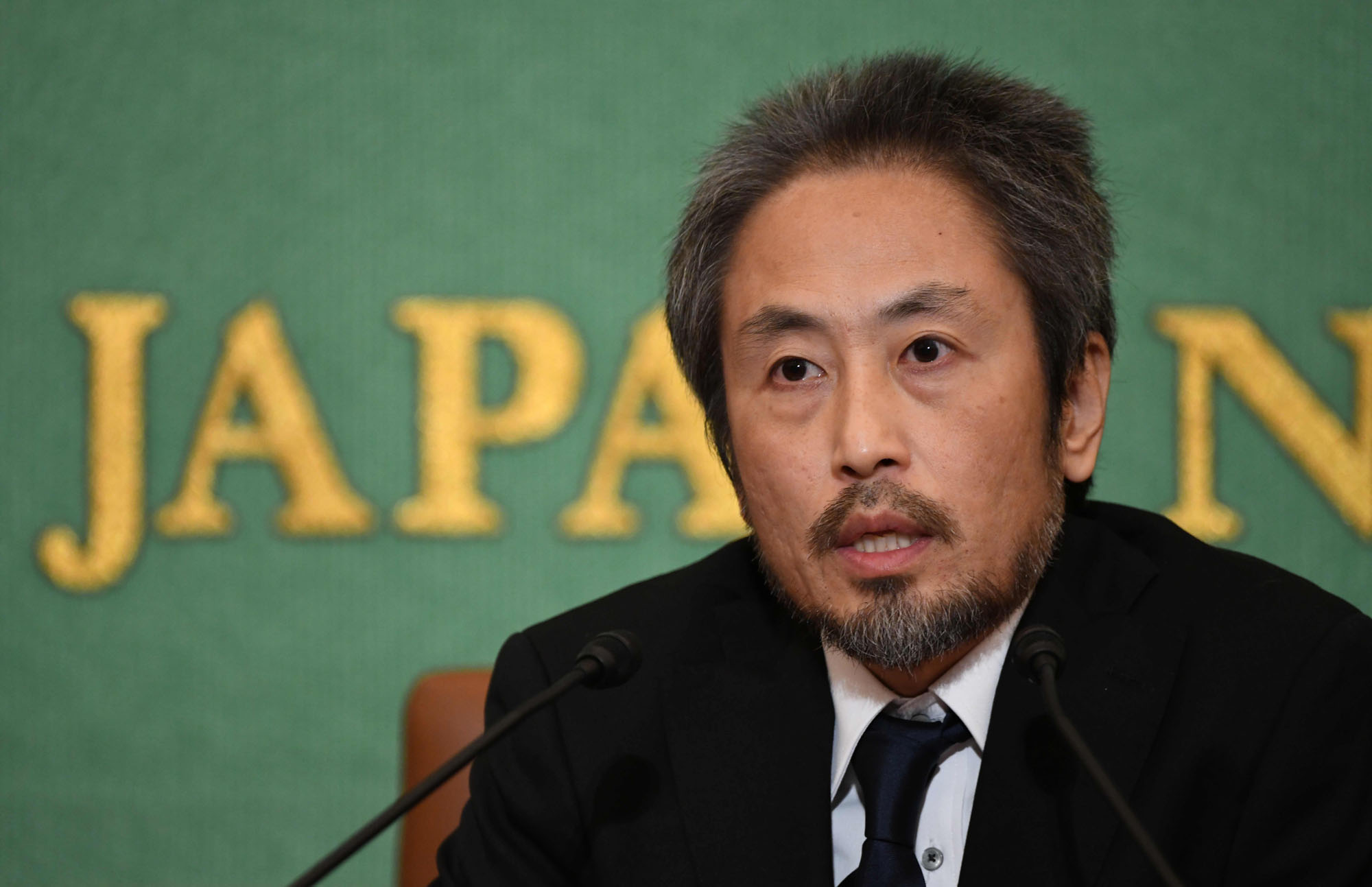Freelance reporter Jumpei Yasuda gave a three-hour news conference at the Japan National Press Club on Nov. 2 about his hostage ordeal, describing in detail how he was kidnapped after entering Syria in 2015 and then held for more than three years. He also discussed the situation in the Middle East and why it was important for Japan to know about what was happening in the region.
However, many people seemed only interested in one thing — whether Yasuda would apologize to the government and the public for putting himself in harm's way. As expected, based on past hostage incidents involving Japanese nationals, when Yasuda was released last month, the news was met with criticism of his "personal responsibility" (jiko sekinin). The government discourages individuals and groups, including those involved in news-gathering activities, from working in conflict areas, its message being that anyone who does go to such a place is responsible for whatever happens to them, which presumably means they're on their own. Of course, the government is expected to do everything in its power to help Japanese who get into trouble overseas, but victims of kidnapping and the like typically face fierce resentment in Japan when they're freed because they are seen to have flouted official directives for self-serving reasons.
A Canadian man who was also recently held captive in Syria explained to Kyodo News that he, too, was roundly condemned after his release by people who said he "deserved" what he suffered, but the main difference between this man and Yasuda is that the former is not a journalist. Yasuda received condemnation not only from the Japanese public, but from some in the Japanese media — that is, his own profession.


















With your current subscription plan you can comment on stories. However, before writing your first comment, please create a display name in the Profile section of your subscriber account page.